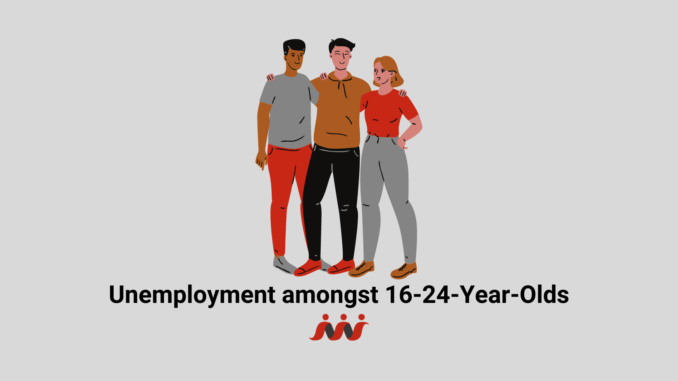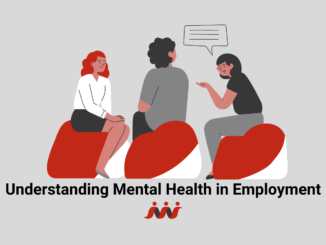
The unemployment we see in young people between 16 and 24, is a result of many factors including education, lack of life skills, uncertainty and covid. Educational institutions have made some steps towards preparing young people for the working world, but this is seen strongly in universities and other forms of higher education. However, more support should be given in secondary school, in particular, to prepare young people for not only the working world but other valuable life skills such as financial understanding. The rate of unemployment in this age range has also peaked throughout the pandemic with 2 out of 3 jobs lost having been filled by young people (Office of National Statistics).
CoronaVirus
The main areas of work that weren’t able to open due to the pandemic being pubs, clubs, restaurants and entertainment which are populated by young people (BBC). These jobs are now understaffed, but since the reopening of many workplaces young people compete with others with more experience competing for entry-level jobs.
Education
The support we do see in education comes into play strongly during higher education and university. However not every young person chooses to further their education to this point leaving a large section of the younger generation lacking this support.
Secondary schools are taking steps to prepare young people through classroom work, extracurricular activities, and targeted support, however, there is a gap in education in areas such as finance, employment, and life skills to create confident young people who are the future of our country. A report from EducationandEmployers showed that 90% of teachers believed that the top 5 skills and two of the four competencies were developed in school, believing that students have a wide range of access to activities and education to achieve these skills.
Schools are developing these skills in areas such as sports, educational clubs, and hobbies among peers. Although skills to enhance young people’s understanding of entering the working world are making their way into secondary education they are targeted towards the majority of learners leaving a selection of young people on the sideline, requiring a different approach. However, the most direct application of these skills can be seen during higher education which has been a struggle for young people in making the decision of what direction to take (sixth form, college, apprenticeship).
Young people, who did have access to higher education and university degrees, have lived the struggle caused by Covid, resulting in a decline of graduate schemes and available support in making their mark during the application process. Not only are graduates of 2021 applying for these roles but also of 2020 and 2019, meaning that the application process is overpopulated by people with the same level of experience. Those not having any luck with these roles are applying for other entry-level jobs which are also overpopulated with applications from other people facing unemployment.
An area in which the government has made a step in the right direction for supporting young people and employment is through the Kickstart Scheme – accessible through Universal Credit for people aged 16-24 looking for employment. However, this scheme has not been as effective as desired, due to accessibility and knowledge only being available to those on universal credit. The scheme has only seen 6% of the desired goal of 250,000 jobs for young people (This is Money).
Enhancing Education
Some examples of life skills that are needed include time management, money management, housekeeping, communication, self-image development, growth mindset, and stress management. The teaching of life skills in schools has a serious effect on the positivity children leave education with by improving mental wellbeing, increased self-awareness, heightened self-esteem, improvement of financial literacy, the building of healthy relationships, and promoting effective decision making (Positive Action).
Written by Zoe Langhorn (Social Media and Business Development)




Be the first to comment